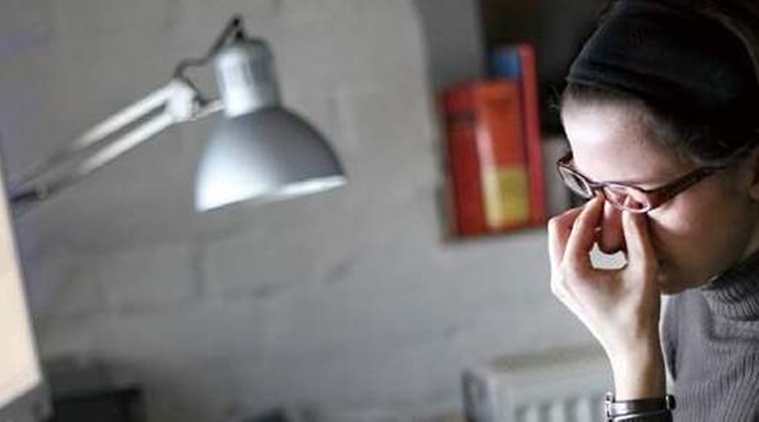New Delhi, June 15: The Supreme Court Friday agreed to examine whether a person suffering from disability of ‘low vision’, in which eyesight cannot be corrected or improved, can be allowed to pursue MBBS course and treat patients.
This contentious issue came up before a vacation bench of justices U U Lalit and Deepak Gupta which wondered whether it would be feasible to allow a person with visual impairment to become a doctor and treat patients.
The bench issued notices to the Centre and the Gujarat government on a plea filed by a student suffering from ‘low vision’, who has cleared the NEET 2018 undergraduate examination, seeking a direction for issuance of disability certificate as per law so that he could take admission in MBBS course.
“If you talk about any other profession like legal or teaching, it can be understood that even a blind person can successfully pursue the career. As far as MBBS is concerned, we have to see, how much it is feasible and possible,” the bench said. Recalling his personal experience with an intern who was blind, Justice Lalit said that he had difficulties in reading the documents and used to convert digital documents into brail form, for reading and understanding them.
“After successfully completing his internship with me, he has now become a Rhodes scholar studying at the University of Oxford,” Justice Lalit said. Senior advocate Sanjay Hegde and advocate Govind Jee, appearing for minor student Purswani Ashutosh through a doctor, said that there was already a provision for reservation of five percent seats of total intake capacity in the Rights of Persons with Disabilities Act, 2016.
He said that a direction should be issued to the Centre and Gujarat government for implementing the reservation scheme for persons with benchmark disability as mandated by provisions of the Act and issuance of certificate of disability. To this, Justice Lalit said that he had studied law from a government law college and a professor who taught him Company law was blind but he remembered everything by heart. “So in teaching or legal profession, there is no problem but when it comes to medical education, can a person with a disability of low vision be allowed? This we have to see,” the bench said.
